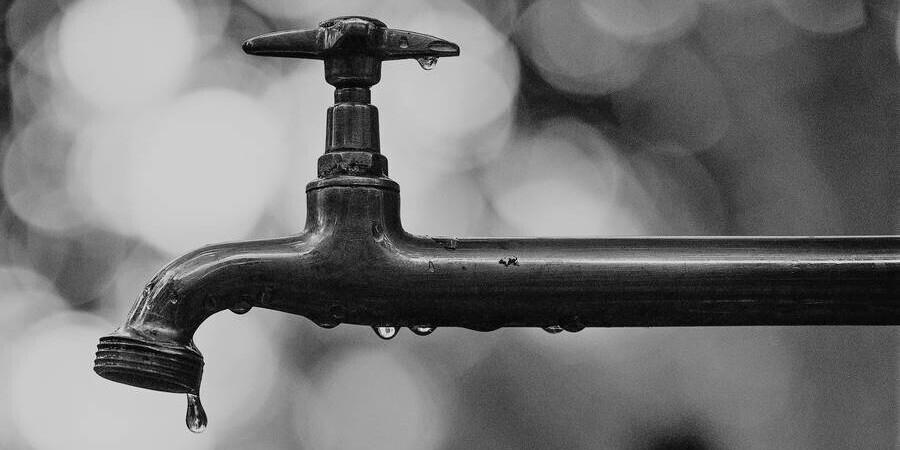Philadelphia, PA - Joseph Giannone Plumbing, Heating & Air Conditioning, a family-owned home service company with an A+ rating by the BBB, encourages Philly residents to take action to prevent pipes from freezing and possibly bursting during the coldest winter weather.
"Frozen pipes can be prevented if action is taken early," said Joseph Giannone, owner of Joseph Giannone Plumbing, Heating & Air Conditioning. "If pipes are left to freeze, they can burst from the pressure, flood the area around them, and cost homeowners thousands in repairs. We want to help our Philly neighbors avoid frozen pipes by offering these tips that we use in our own home."
5 tips to prevent damage from frozen pipes:
- Keep a steady temperature – Many homeowners use programmable thermostats to save money on their energy bills by lowering the temperature output during times of vacancy or sleeping. While these devices are generally highly recommended, it is a good practice to maintain a steady temperature during the coldest parts of winter. Even when away from the home for an extended period, it is recommended you keep the temperature at 55 degrees or higher. This will help ensure the interior of the home stays at a suitable temperature well-above freezing.
- Open cabinets under sinks – By opening the cabinets beneath bathroom and kitchen sinks, the air circulating in the interior of the home will be allowed to enter and help warm the plumbing.
- Insulate accessible pipes – Many products are available that can cover the surfaces of your plumbing and add extra insulation. These are generally easy to install and include pipe sleeves, heat tape and heat cable. These products are a great compliment to also increasing the insulation around piping in crawlspaces, attics and basements.
- Drain outdoor lines – If there is a sprinkler system on the property, it will need to be drained and possibly blown out in accordance with the installer's recommendations. The same goes for swimming pools. Liner, fiberglass and concrete pools all have different winterization processes, but they all have plumbing and pipes that may freeze and burst if not tended to appropriately. Outdoor spigots should be turned off at the interior valve and then left open to drain. The spigots or faucets can be protected with insulated foam covers.
- Leave a drip – In more extreme subfreezing weather, it is a good idea to identify which faucets are connected to the most exposed piping and leave a slight trickle running. The flowing water will help prevent freezing.
"I've seen what can happen when pipes burst after freezing, especially after the cold snap that hit earlier this month," Giannone said. "It isn't worth it to take a chance, so please be proactive and make sure your plumbing is well-insulated and prepared to withstand the freezing temperatures for the rest of winter."


